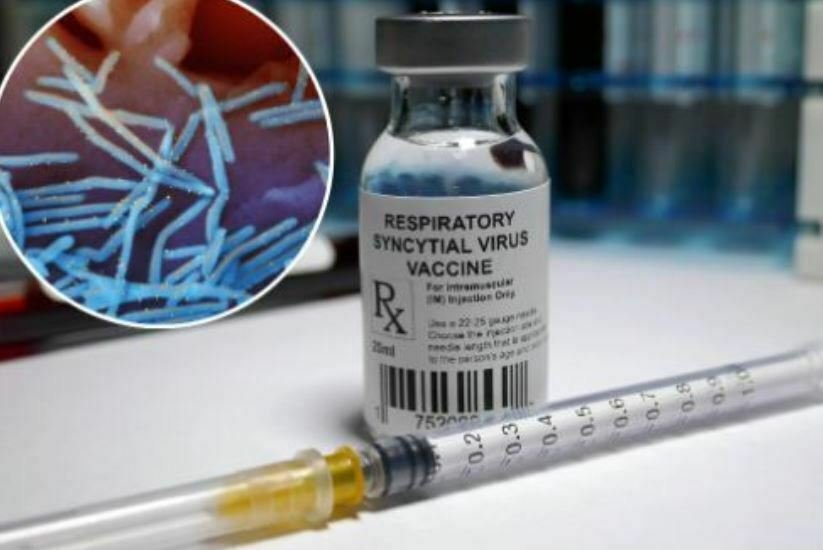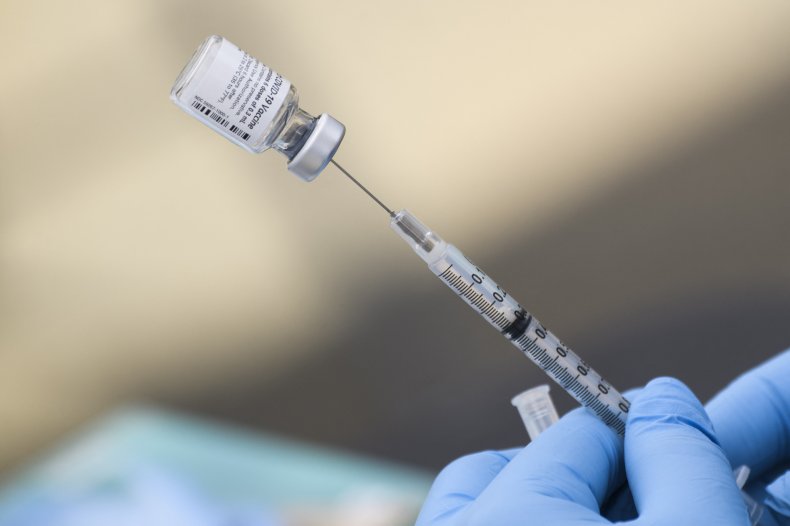On Wednesday, the United States approved the first RSV vaccine, doses that would shield older individuals from a respiratory virus that is most famous for affecting babies but also poses a threat to their grandparents.
The approval by the Food and Drug Administration makes GSK’s shot, known as Arexvy, the first of several potential RSV vaccines in the pipeline to receive global licensing.

The decision prepares those 60 and older to receive the RSV vaccine this autumn, but first, the Centers for Disease Control and Prevention must determine if all seniors actually require RSV protection or just those who are thought to be at high risk for contracting the respiratory syncytial virus. The CDC’s advisors will discuss this issue in June.
Doctors are eager to finally have something to provide after decades of trying unsuccessfully to develop an RSV vaccine — particularly in light of a virus outbreak that stressed hospitals last fall.
Dr. William Schaffner, medical director of the National Foundation for Infectious Diseases, who wasn’t involved in its research, called it a “great first step” to safeguard seniors against serious RSV sickness. Following that, “we’re going to be working our way down the age ladder” for what is anticipated to be a series of new protections.

The FDA is taking into consideration a comparable vaccination for senior citizens from rival Pfizer. Pfizer is also looking for permission to vaccinate expectant mothers so that their children are born with part of mom’s protection.
Although there is currently no RSV vaccine for children, high-risk infants receive monthly doses of a protective medication during the RSV season, and European regulators recently approved the first one-dose option. The one-shot medication developed by Sanofi and AstraZeneca is also up for FDA approval.
“This is a very exciting time with multiple potential RSV solutions coming out after years of really nothing,” said Dr. Phil Dormitzer, director of vaccine research and development for GSK, formerly known as GlaxoSmithKline.
RSV is a cold-like annoyance for the majority of individuals, but it can be fatal for the very young, the elderly, and those with certain high-risk medical conditions. It can make it difficult for babies to breathe by inflaming their small airways, or it can get deep inside the lungs of elderly people and result in pneumonia.
About 58,000 children under the age of five are hospitalized in the US every year for RSV, and several hundred of them pass away. Up to 177,000 older persons are hospitalized with RSV each year, and 14,000 of them may pass afterwards.
Why was it so difficult to develop a vaccine? When an experimental injection made illnesses in children worse, the field experienced a significant setback in the 1960s. Though modern candidates were still initially tested on adults, scientists have finally discovered a better way to develop these vaccines.
A component known as an adjuvant is included in GSK’s new vaccination for older individuals to further amplify the immune response by training the body to identify a protein on RSV’s surface.
One shot of the vaccine was approximately 83% effective at preventing RSV lung infections and lowered the risk of severe infections by 94%, according to a global research involving about 25,000 adults aged 60 and older.
GSK is following trial participants for three years to determine the duration of protection, contrasting those who had just one vaccination during that time with those who received an annual booster. Vaccination effects were common, including weariness and muscle aches.

A rare but significant danger was hinted at by one instance of Guillain-Barre syndrome, which can result in generally transient paralysis, and by two instances of an inflammation of the brain and spinal cord. According to the FDA, the business must keep examining whether there is in fact a connection to the vaccine.
If the CDC decides to recommend the shot for some or even all seniors, it will be given in addition to their annual flu shot and maybe another COVID-19 booster in the fall.
Infectious disease expert Schaffner of Vanderbilt University said, “We’ll have to educate the populace that this virus that not everyone has heard about is actually an important threat to their health in the winter.”
The Science and Educational Media Group of the Howard Hughes Medical Institute supports the health and science coverage of the Associated Press. All content is owned by AP exclusively.





